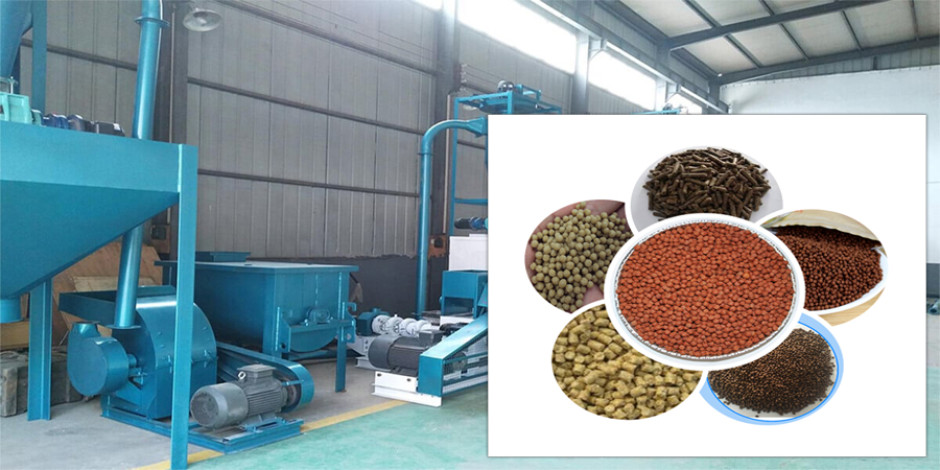
File Photo
Feed ingredients for poultry diets are selected for the
nutrients they can provide, the absence of anti-nutritional or toxic factors,
their palatability or effect on voluntary feed intake, and their cost. The key
nutrients that need to be supplied by the dietary ingredients are amino acids
contained in proteins, vitamins, and minerals. All life functions also require
energy, obtained from starches, lipids, and proteins.
Feed ingredients are broadly classified into cereal grains,
protein meals, fats and oils, minerals, feed additives, and miscellaneous raw
materials, such as roots and tubers.
Using organic waste as a substrate for the production of
high-value and sustainable protein for fish and shrimp feed is just one area
under investigation by the Kerala Fisheries University in India.
The south Indian state of Kerala is not unique in facing a
crisis with organic waste. However, one institute in Kerala has recently
reached a number of agreements with different partners to alleviate the
challenges, particularly with the involvement of the aquaculture sector.
Production of fish feeds from organic wastes is the theme of
a memorandum of understanding signed at the end of August, reported The Hindu.
A research program forms the center of the agreement between
the Kerala University of Fisheries and Ocean Studies (KUFOS) and Bhima
Environment Technology (BET). The firm processes organic waste from
slaughterhouses in the state’s capital city, Thiruvananthapuram.
The basis of the new collaboration is a program at KUFOS
producing insect meals from organic waste, according to The Hindu Business Line.
This uses black soldier fly (BSF) larvae as a high-quality protein ingredient
for fish feeds.
After the separation of the waste, it is expected that BET will
produce 4 metric tons (mt) of BSF larvae daily.
KUFOS forms more
partnerships for aquaculture feed development
Exploring opportunities to produce protein for fish feeds
from organic waste is the theme of a second recent project at KUFOS.
Last month, the Times of India reported that the collaboration
is with organic waste management company, Amala Eco Clean Private Ltd. Using
BSF larvae, this project also aims to produce a protein-rich ingredient
suitable for diets for farmed aquaculture species.
If the initial project is a success, the process will be
rolled out to other locations in Kerala.
According to KUFOS Vice Chancellor T. Pradeep Kumar, this
could help to solve the state’s current organic waste management crisis.
Previously, the University signed an agreement with a
U.S.-based biotech firm on fish meal testing.
Working together with Meridian Biotech, the partners aim to
produce and quality-test single-cell proteins (SCP) as a more environmentally
sustainable feed ingredient for India’s farmed shrimp.
Diets for local shellfish farming are based on locally
produced fish meal, reported New Indian Express at the end of July. Each kilo
of fish meal requires the catching of 5 kilograms of young fish. As a result of
harvesting these juvenile fish, some species are being overfished, and marine
biodiversity is under threat.
Furthermore, not only do SCPs represent an opportunity to
reduce the cost of feeds for Kerala’s aquaculture farmers, the new materials
are also expected to improve the quality of Indian shrimp.
Kumar said they will contribute to a reduction in the
rejection rate of Indian shrimp by potentially valuable export markets.
University offers new
courses on adding value to seafood
Recently, KUFOS has also announced a new partnership leading
to the introduction of two courses on value addition to seafood.
According to The Hindu Business Line, these will cover
technologies for food packaging and canning.
Partner in these educational programs is the National Programme on Technology Enhanced Learning, with coordination from the Indian Institute of Technology in Madras.
Comment Now